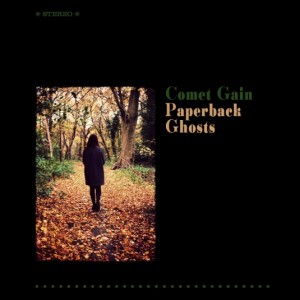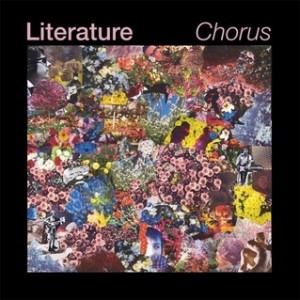The New Pornographers – Brill Bruisers
When it comes to indie rock super groups, you really can’t beat the likes of The New Pornographers. Making music together since 1999, this Canadian band consists of the best of the best, each of which have their own successful career be it alone or with another band. There’s Carl “A.C” Newman, Dan Bejar, Neko Case, and Kathryn Calder, just to name off a few, but let’s be honest: you should probably know who this band is as they’ve been around for longer than a decade and Brill Bruisers makes for their sixth full length release. Though it is sixth in a line of solid releases, by no means does it feel trite or banal—The New Pornographers have managed to do it once again.
With a band that is a culmination of so many great individual artists, I’m always flummoxed as to how this group can create a cohesive sound for their group. Sure, different artists take the lead on a track-to-track basis, incorporating their own styles, but Brill Bruisers manages to come together fairly easily. From opening title track to the last and glittering “You Tell Me Where,” the group hits their stride multiple times and gives you some great tunes.
I think it partially depends on which lead vocalist you like the best that will leads you to your favorite numbers. There’s Newman’s opening “Brill Bruisers,” which kicks the album off en medias res with the groups shimmery indie rock; the percussion is essentially all cymbal, the guitars’ blend in with the mix, synthesizers wander around through the song and the vocals of Newman lead you fearlessly through these airy walls of sound. Of course, he’s not alone, you get a lot of gang vocals singing back up through the whole song, which gives it an even lighter, poppier feeling. Later on you get Bejar’s unmistakable warbling vocals up to bat on “War On The East Coast,” which happens to be my favorite track on the record. The track seemingly makes comment on today’s general feeling of chaos and disarray—“look what we’re living in.” While the track rages on in full fury of to a build at the end, the choral hook has Bejar crooning “Oh, I don’t care, I don’t care,” making you want to scream right along with him, even if the sentiment is apathy, it’s still relatable. However, it’s not just the tracks with an outright lead vocal that will get you falling for them. On the contrary, “Fantasy Fools,” has a shared lead vocal that elbows its way into your list of highlights as well.
Though there’s a lot to love on Brill Bruisers, for me the album doesn’t go above and beyond to give you a sound that you want to sing to the world about. Sure, you’ll come back and jam with this group of lovable indie-poppers now and again, but there’s just a little bit missing from this release to push it to the next level.







